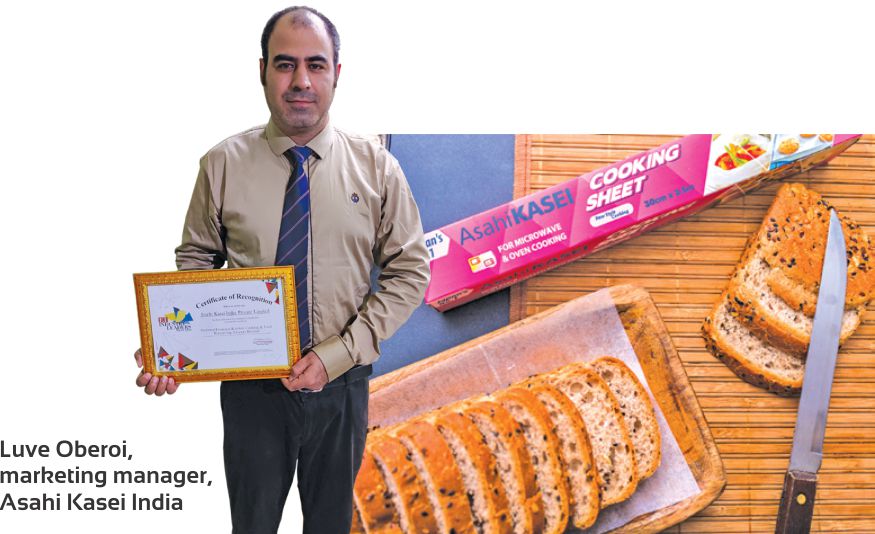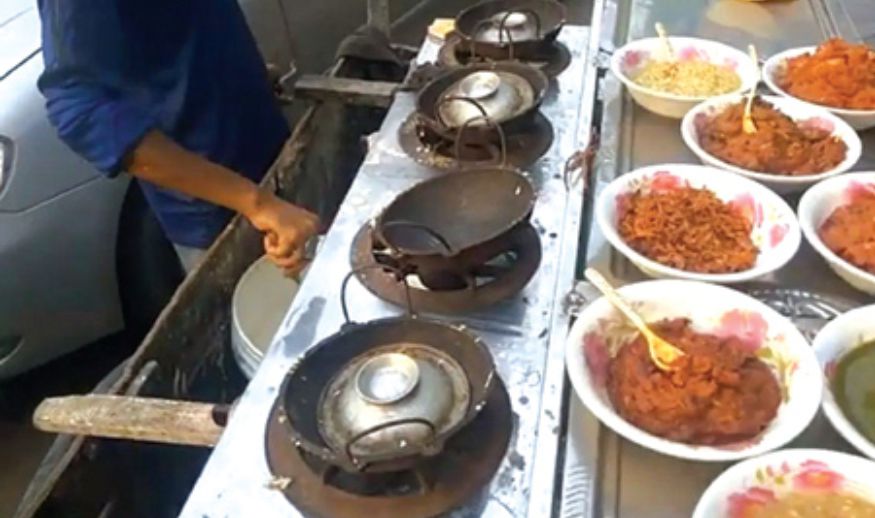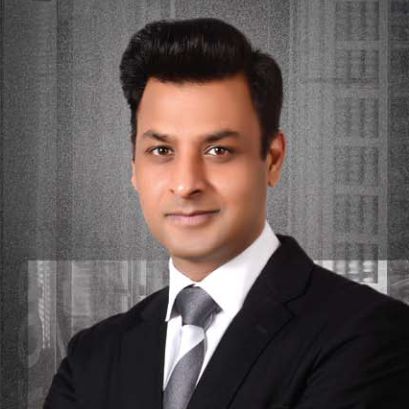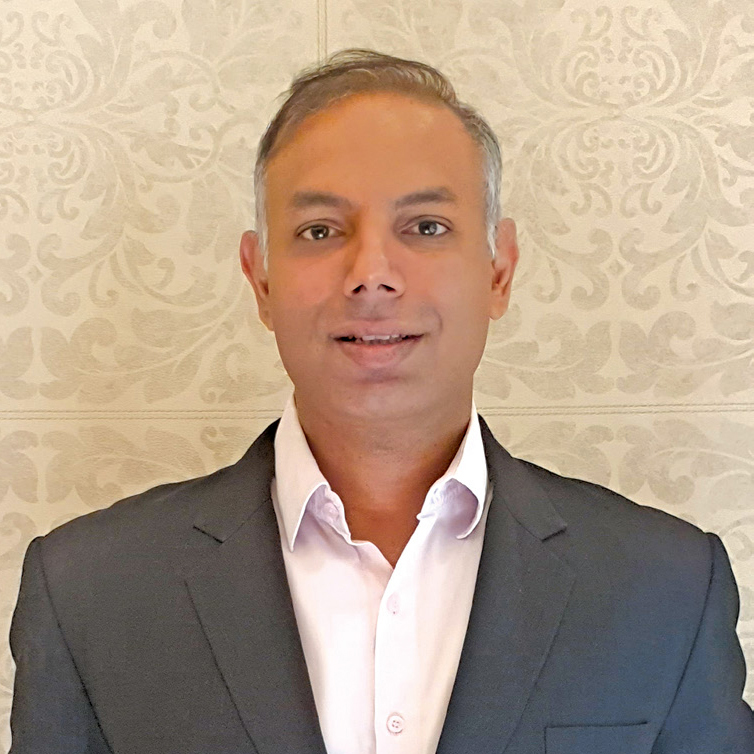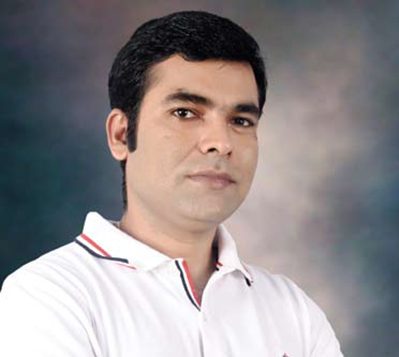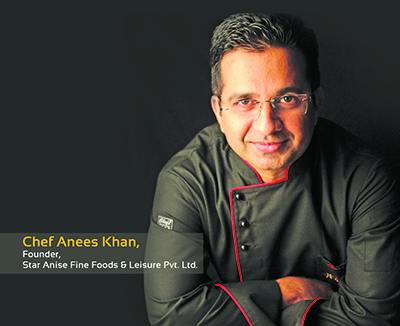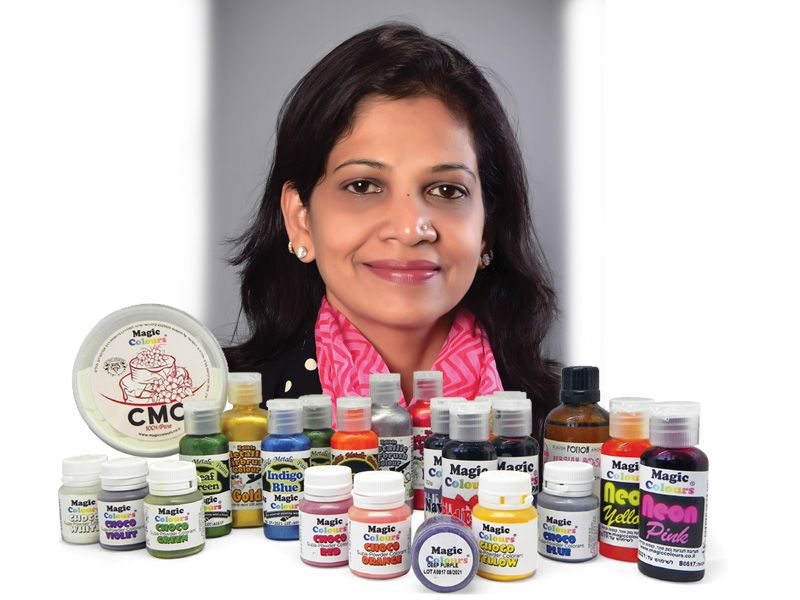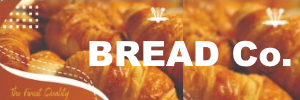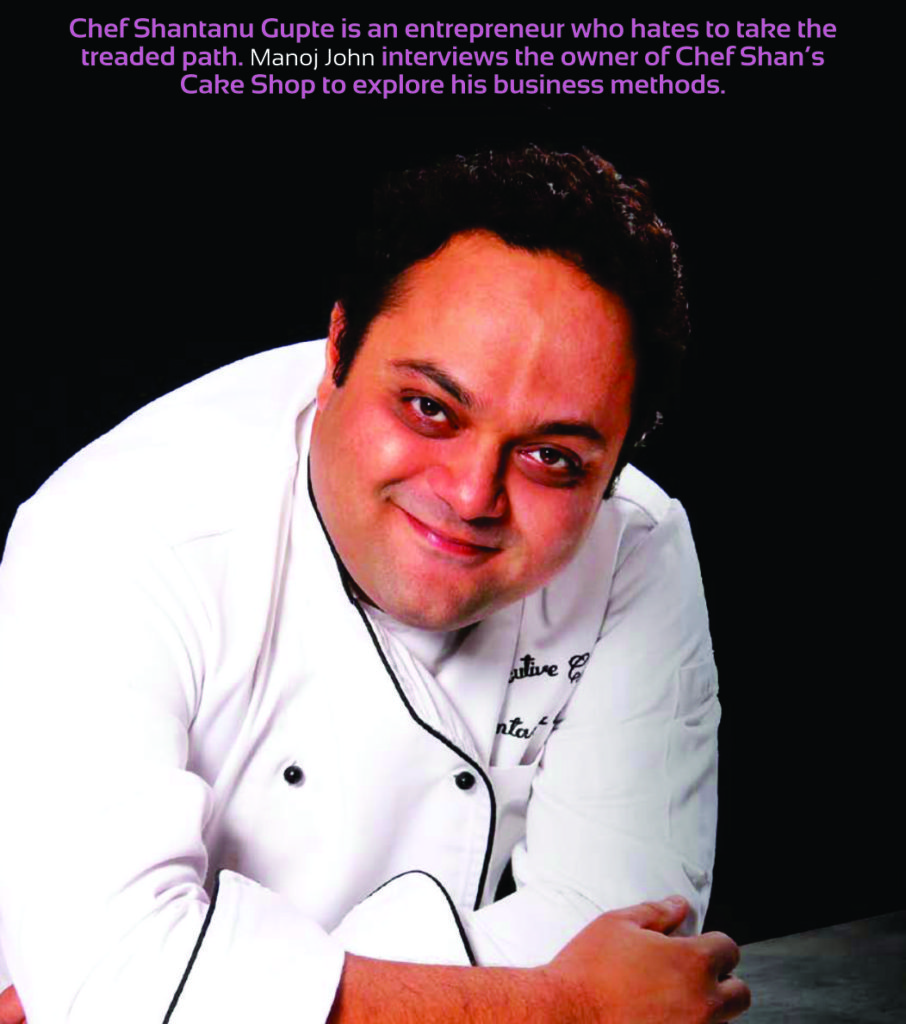
Shantanu Gupte’s can be termed the voice of dissent in the world of food. When everyone in the food service is talking about mechanisation and pre-mixes, Gupte loves to confabulate about slow cooking where it takes a good six hours to prepare mouth-watering biryani. He has the locus standi to sit on judgement since he has worked in both environments.
When all entrepreneurs try hard to bring in venture capital to grow their business exponentially, Gupte believes in growing his business slowly brick-by-brick without strategic investors. Is slowness the secret of the success of Chef Shan’s Cake Shop which has six outlets and is planning to open a flagship store besides opening an online delivery of multi-cuisine food?
While lending a hand to the cooks at his central kitchen located in Thane, Gupte spoke to this correspondent about the long story of his life which finally catapulted him as a maverick entrepreneur.
Having graduated from IHM Mumbai, Gupte was selected for Taj kitchen Management Training scheme in Delhi. He was given rigorous training at the various restaurants of the Taj Group such as Orient Express and Haveli. He was also trained at Taj Coromandel Chennai.
Taj Management Training – Food Production (TMT Programme) and the kitchen Executive Programme at these hotels imparted sufficient knowledge level and experience to Gupte. And then he moved to the TajMahal Hotel in Mumbai where he worked in Shamiana, the coffee shop. Gupte was trained under the celebrated chef Hemant Oberoi.
The break came when Gupte left for the Uk after gaining experience in various aspects of food production. The 800- room Gaumont Tower hotel was a totally different experience than the Indian food service. “We were put up at the hotel.
Every morning I could see the Tower Bridge opening. After working there for almost one year, I realised that the big hotels use many quick methods of cooking. And I wanted to learn the core of cooking from the scratches,” says Gupte.
Then he joined Royal Crescent, a boutique hotel in the same city. It was there that he could familiarise himself with techniques such as slow cooking, vacuum cooking and the likes. He also got to understand concepts like sustainable fish, which discourages use of endangered species of fish.
“It is better to give good food, have good customers and grow slowly rather than stress yourself by doing things too fast.”
The hotel had a big orchard, and there was no need to purchase things like thyme and rosemary from the market. During summer, they used to make marmalade from the apples picked from the garden. All ingredients including cheese were locally produced.
The routine there was not as pressurised as in luxury hotels, reminisces Gupte. “In luxury hotels, the challenge is to make food for 500 people in, say, two hours. But in boutique hotels like Royal Crescent, one could enjoy the art of cooking. And here have very selected number of guests but great food,” he says. Shantanu believes that the context of cooking in Europe is very different from that in India. Cooking is a labour-intensive activity, and labour is expensive in the West. Therefore, a lot of things come pre-processed. From potato mash to croissants, everything comes pre-processed in Europe. These frozen products just heated in the oven or stove. “These quick processes are safe and hygienic but they can’t be called gourmet,” says Gupte.
“The quick methods bring economies of scale and standardisation. It streamlines the procedures but the soul is lost,” says Gupte, admitting at the same time that the use of pre-mixes will be on the rise in India in the coming years.
There is a slow food movement taking place. Before mechanisation, food was always prepared by way of slow cooking. The delicacies at the courts of the Moghul emperors and the Nawabs took many hours to be prepared. Now, that concept is making a comeback even among chefs who cater to larger number of customers.
“In my view, both quick methods and slow cooking will exist side by side. Both have their own spaces in the market. The ratio between fast cooking and slow cooking may change as per market demand from time to time,” says Gupte.
After a stint of five years in cooking, the question “what next” came foremost on top of Gupte’s mind. “Food is an area where there is always something new to learn. There is no end to learning new recipes and new techniques. A chef is an artist. A pure artist. As a chef, I always used to wonder how would it be to manage the whole restaurant rather than just the kitchen,” says Gupte.
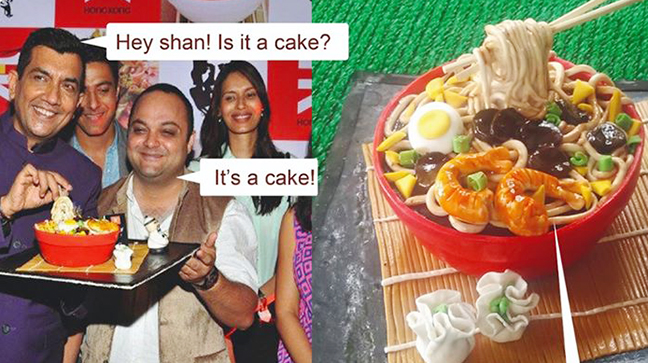
Chef Gupte with noted culinary expert Sanjeev Kapoor
“How to sell the food” also comes to the picture when one manages a food service outlet. Gupte’s plunge into entrepreneurship was at the same time a learning experience too. He believes that you may make the best pastry in the city but if the customers don’t pop into your shop, then it’s a losing game.
Then there is a whole range of things that needs to be right. “Your rentals should be right, your pricing should be rights, your licenses should be right. Here is a world where you need to ensure that every factor is set right before you start sailing,” says Gupte.
The first six months for Gupte was very tough. He was so far used to the corporate culture where everything is structured. There is no dearth of staff to execute tasks. In a self- run business, the owner has look after everything even though there is staff. The changeover came about when Gupte’s wife Nikita joined the business. She was trained in fine arts from JJ School of Arts. She brought in fine artistry to the designs of cakes as well as the packaging.
A seven-foot entirely edible cake for Femina Miss India, a six-foot cake modelled after an aircraft carrier for the Navy, and the cakes and other delicacies for the occasion of the inauguration of new outlets of Sanjivkapoor are some of the achievements of Chef Shan’s Confectionary. It also organised several events for shopping malls including the one with 3,000 cup cakes. Another 40-foot cake was presented on Christmas at the Corum shopping mall in Thane.
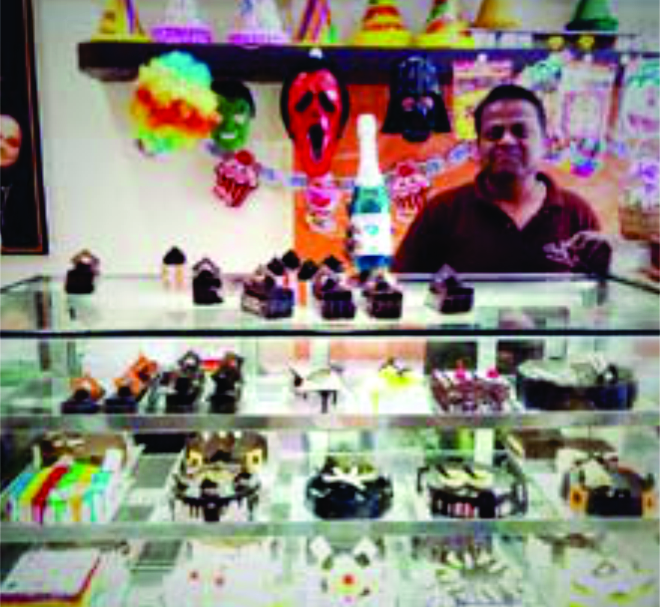
Chef Shan’s outlet
Chef Shan’s Confectionary Shop runs six outlets in Thane and Navi Mumbai. In Thane, it has an online home delivery system, Dial A Cake. The cakes are freshly made and will reach the customer in an hour and a half.
Shantanu is in the process of starting a new concept of cake shop. People look at cake shop as a product shop. In Shantanu’s dream shop, there will not be any cakes as such on display and there will not be refrigerators. There will only be digital displays of products. Different shapes and designs of the same product will be on display on the screen and customers can make their choices. And the customers can choose their own garnishes.
“The idea is more and more customisation. Today, there are limited choices for a customer who walks into a cake shop. One has to pick up what is available there. Here we give them a wide range of choices in terms of design and garnishes. Once the order is placed, the product will be delivered in 20 minutes,” says Gupte. There will also be a few interactive counters where one can walk through with their kids. There will be small cupcakes which the customers can garnish themselves.
“After working at an 800- room hotel in London for almost a year, I realised that the big hotels use quick methods of cooking. But I wanted to learn cooking from the scratches and so I joined a small hotel.”
Chef Shantanu’s Confectionary is also planning to launch a delivery kitchen based out of Thane. The number of people who dine out during weekends is on the increase. Chef Shantanu’s wants to cash in on this growing market space. “There won’t be dine-in or take-away facilities. The whole business is centred around online order-placing,” explains Shantanu, who is looking at a two-year timeframe to realise the new ventures.
Shantanu is not enamoured by quick expansion dreams unlike the modern age entrepreneurs. Anything that is done on mass scale loses its charm, believes Shantanu. He doesn’t believe in the mantra of hyper growth where one single shop multiplies into hundreds of outlets across the country. He is okay with 15 or 20 shops but those must give cutting-edge value to the customers. “It is better to give good products, have good customers and grow slowly rather than stress yourself by doing things too fast,” Shantanu sums up his philosophy.



